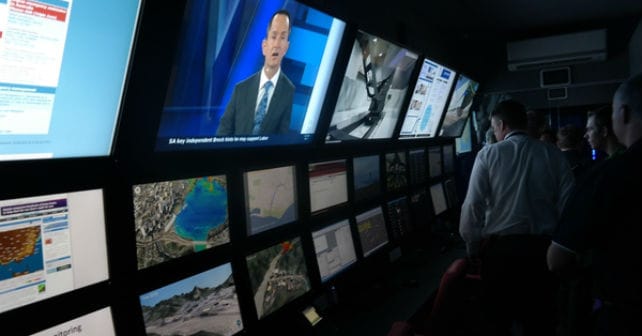Breaking: Global carbon trade risks the next 'sub-prime' collapse
 Expanding the global market for carbon permits and credits — essentially trading or selling the right to emit carbon dioxide — could set off a second “sub-prime”-style financial collapse while doing nothing to prevent dangerous climate change, according to a new report from Friends of the Earth.
Expanding the global market for carbon permits and credits — essentially trading or selling the right to emit carbon dioxide — could set off a second “sub-prime”-style financial collapse while doing nothing to prevent dangerous climate change, according to a new report from Friends of the Earth.
“Pushing a world carbon market as part of a global agreement to tackle climate change risks a double whammy of financial and environmental disaster,” said Sarah Jayne-Clifton, international climate campaigner for Friends of the earth and author of the report. “Carbon trading is failing dismally at reducing emissions, yet allows speculators to grow rich from the climate crisis and hands politicians and industry a get-out clause for polluting business as usual.”
International climate negotiators are expected to discuss plans to expand carbon markets when they meet in Copenhagen this December in hopes of hammering out a successor to the Kyoto Protocol.
The trade in carbon permits and credits, based mainly in Europe, was worth $126 billion in 2008 and is predicted to balloon to $3.1 trillion by 2020 if a global carbon market takes off.
But the majority of the trade is carried out not between polluting industries and factories covered by carbon trading schemes, but by banks and investors who profit from speculation on the carbon markets, according to the Friends of the Earth report, “A Dangerous Obsession.” The report says these organisations package carbon credits into increasingly complex financial products similar to the “shadow finance” around sub-prime mortgages that triggered the recent economic crash.
This risks the development of sub-prime carbon and the possibility of an eventual collapse in confidence in the market, with catastrophic consequences for the global economy and also for our prospects of avoiding runaway climate change, the report concludes.
The study warns that the government’s obsession with carbon trading as a solution to climate change is high risk, irresponsible and dangerous. It finds that existing carbon trading schemes are not delivering the emissions cuts promised, and that relying on this mechanism to reduce emissions globally is gambling with the health of the planet and the future of billions of people.
According to the report, carbon trading is also being used as a smokescreen by rich countries to avoid their legal and moral commitment to provide money and technology to developing countries to grow cleanly and adapt to climate change.
“Science tells us rich countries must act first and fast to cut their emissions at home if we are to avert climate catastrophe — and support poorer countries with adequate public money to grow cleanly and adapt to the effects of climate change which they are already feeling,” said Jayne-Clifton. “The credit crunch has taught us that governments, not markets are best placed to safeguard our future — at this critical point in the fight against climate change, ,inisters must step in and lead the way with a new, direct approach to tackling carbon emissions to create a safe and green future for us all.”
Instead of carbon tradings, Friends of the Earth is calling on the government to use simple, direct and proven policy tools like regulation, a carbon tax and major public investment in greening the economy to reduce our emissions by at least 40 per cent by 2020, without offsetting.




